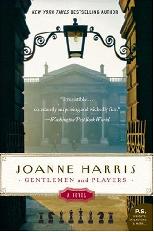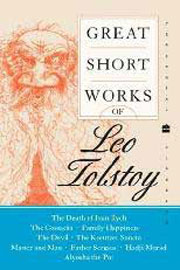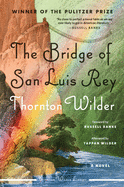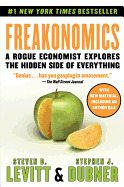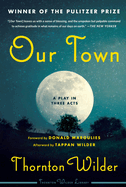A student of Plato and a teacher of Alexander the Great, Aristotle is one of the towering figures in Western thought. A brilliant thinker with wide-ranging interests, he wrote important works in physics, biology, poetry, politics, morality, metaphysics, and ethics. In the Nicomachean Ethics, which he is said to have dedicated to his son Nicomachus, Aristotle’s guiding question is what is the best thing for a human being? His answer is happiness. “Happiness,” he wrote, “is the best, noblest, and most pleasant thing in the world.” But he means not something we feel, not an emotion, but rather an especially good kind of life . Happiness is made up of activities in which we use the best human capacities, both ones that contribute to our flourishing as members of a community, and ones that allow us to engage in god-like contemplation. Contemporary ethical writings on the role and importance of the moral virtues such as courage and justice have drawn inspiration from this work, which also contains important discussions on responsibility, practical reasoning, and on the role of friendship in creating the best life. This new edition combines David Ross’s classic translation, lightly revised by Lesley Brown, with a new and invaluable introduction and explanatory notes. A glossary of key terms and comprehensive index, as well as a fully updated bibliography, add further value to this exceptional new edition. Features * This new edition of one of the founding texts of moral philosophy combines David Ross’s classic translation, lightly revised by Lesley Brown, with a new and invaluable introduction and notes to aid readers in their understanding of Aristotle’s intricate arguments. * Widely admired translation, sparingly revised to retain its qualities while paying special attention to key terms, enhancing understanding, eliminating unintentional ambiguity, and incorporating the latest scholarly thinking. * Invaluable introduction covers Aristotle.


